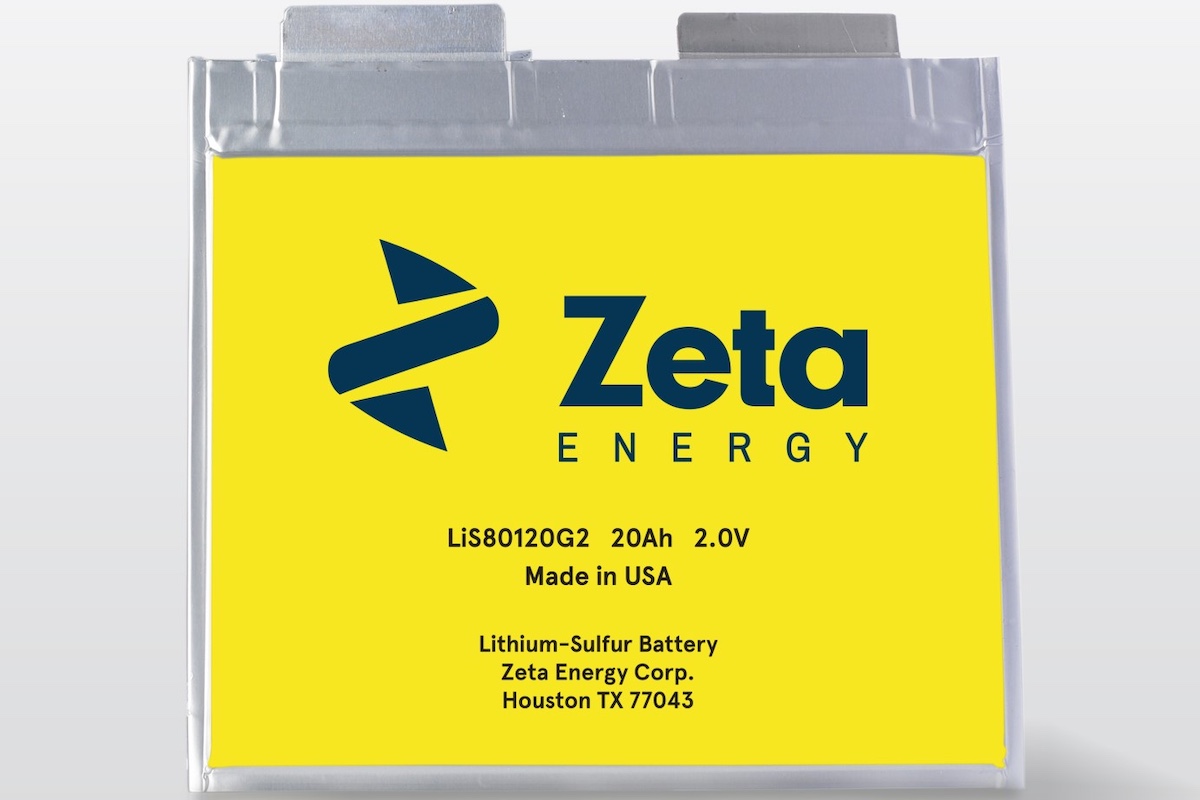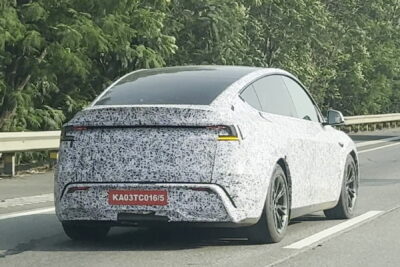Stellantis and Zeta Energy develop Lithium-sulfur batteries
The partners have stated that they want to develop a ‘groundbreaking gravimetric energy density’ and, at the same time, achieve a volumetric energy density comparable to today’s lithium-ion technology. This would enable a significantly lighter battery pack with the same usable energy as modern lithium-ion batteries, which in turn would enable a greater range, improved handling, and more power.
The partners also assume that the technology can increase the fast-charging speed by up to 50 per cent. The technology is so cost-effective that Zeta Energy’s lithium-sulphur batteries are expected to cost less than half per kilowatt hour (kWh) than today’s lithium-ion batteries.
Ned Curic, Stellantis Chief Engineering and Technology Officer said, “Groundbreaking battery technologies like lithium-sulfur can support Stellantis’ commitment to carbon neutrality by 2038 while ensuring our customers enjoy optimal range, performance and affordability.”
The two companies hope that the combination of Zeta Energy’s lithium-sulphur battery technology and Stellantis’ expertise in global manufacturing and distribution can “significantly” improve the performance and cost profile of electric vehicles. Tom Pilette, CEO of Zeta Energy, also said that the new battery technology will increase the resilience of the battery and electric vehicle supply chain.
The batteries are made from waste materials and methane, resulting in significantly lower CO2 emissions than with any existing battery technology. The batteries do not need cobalt, graphite, manganese, or nickel, making the supply chain more reliable. The collaboration includes both pre-series development and planning for future production. Once the project is completed, the two companies aim to power Stellantis’ electric vehicles with the new batteries from 2030 onwards.
Last year, Zeta Energy was one of twelve battery research projects funded by the US Department of Energy. The projects were tasked with developing better battery cells for electric vehicles as part of the ‘Electric Vehicles for American Low-Carbon Living’ (EVs4ALL) programme.
Stellantis is not working exclusively with Zeta Energy on lithium-sulphur batteries. Last year, the automotive group acquired a stake in lithium-sulphur battery developer Lyten from Silicon Valley. Stellantis is also developing various applications for lithium-sulfur-based batteries with Lyten.
Zeta Energy was founded ten years ago and is based in Houston, Texas. The company also has a site in Munich and two former BMW managers on board. Michael Liedtke, a former BMW developer, acts as Chief Commercial Officer. Former BMW Board Member for Development and co-founder of Formula E Burkhard Göschel acts as a strategy consultant for Zeta.
Including reporting by Florian Trieß
stellantis.com, prnewswire.com, manager-magazin.de (ex-BMW-Manager, in German)





0 Comments